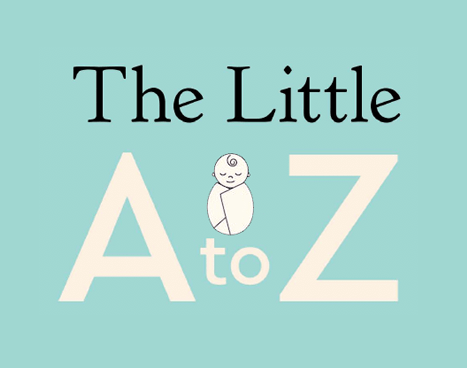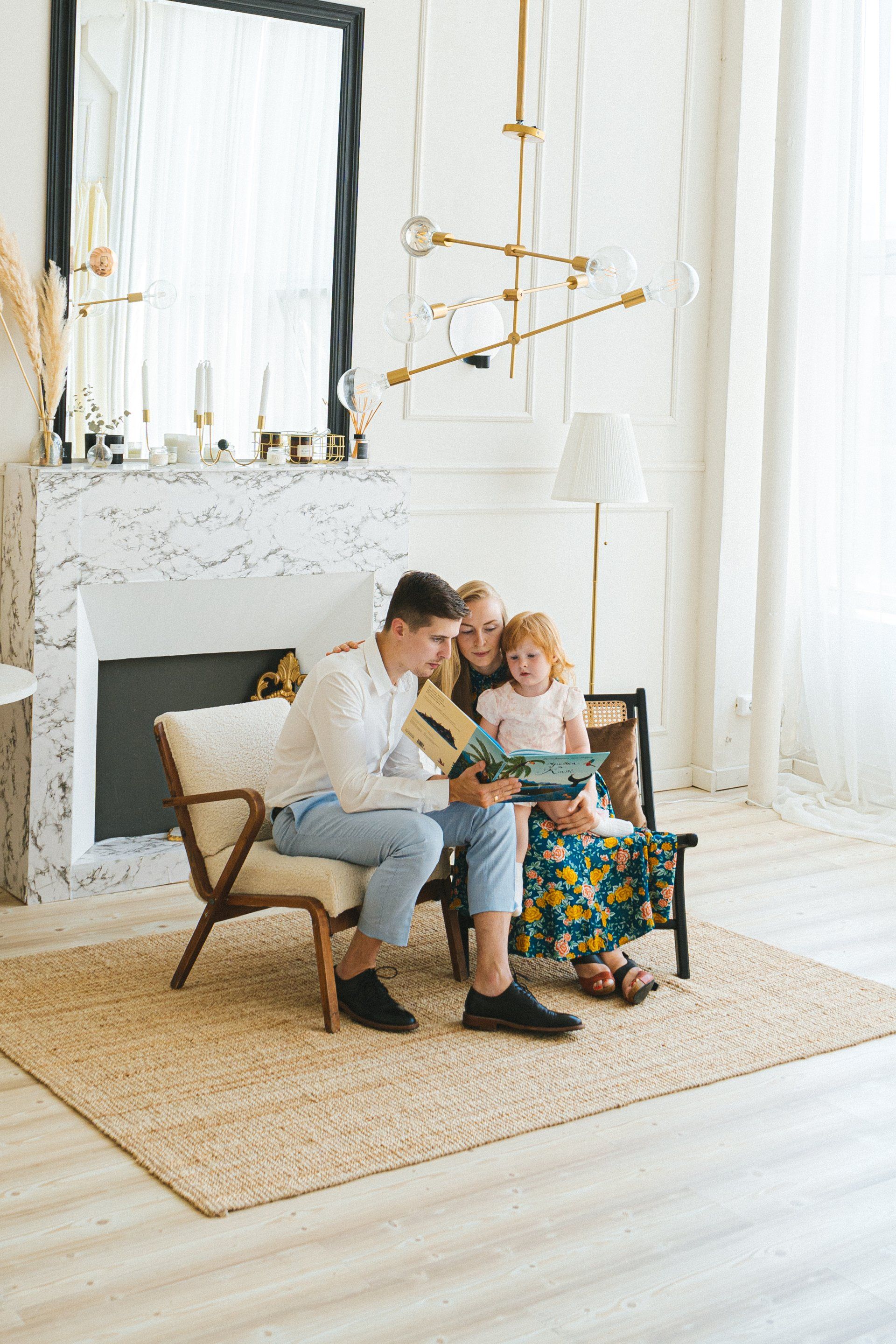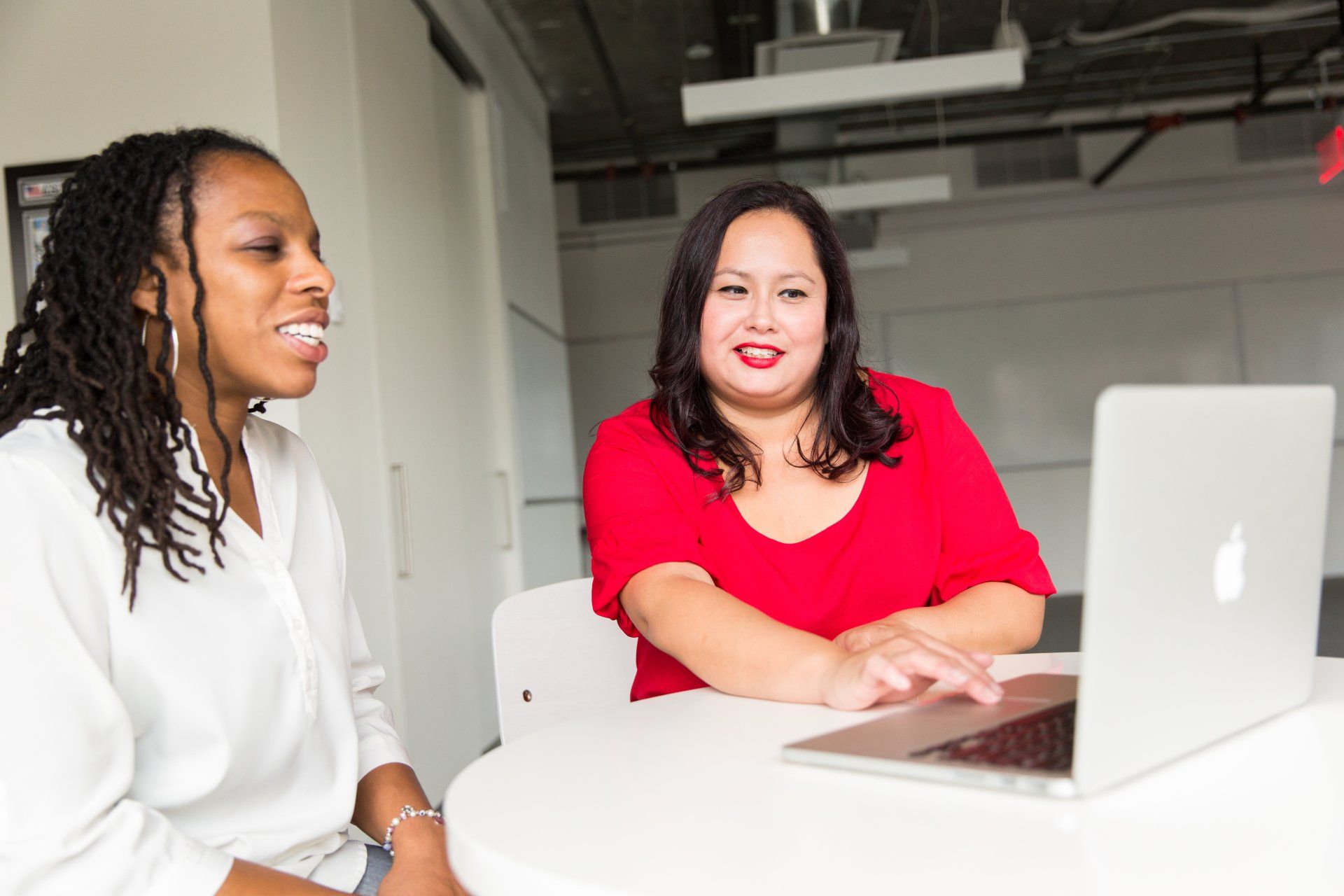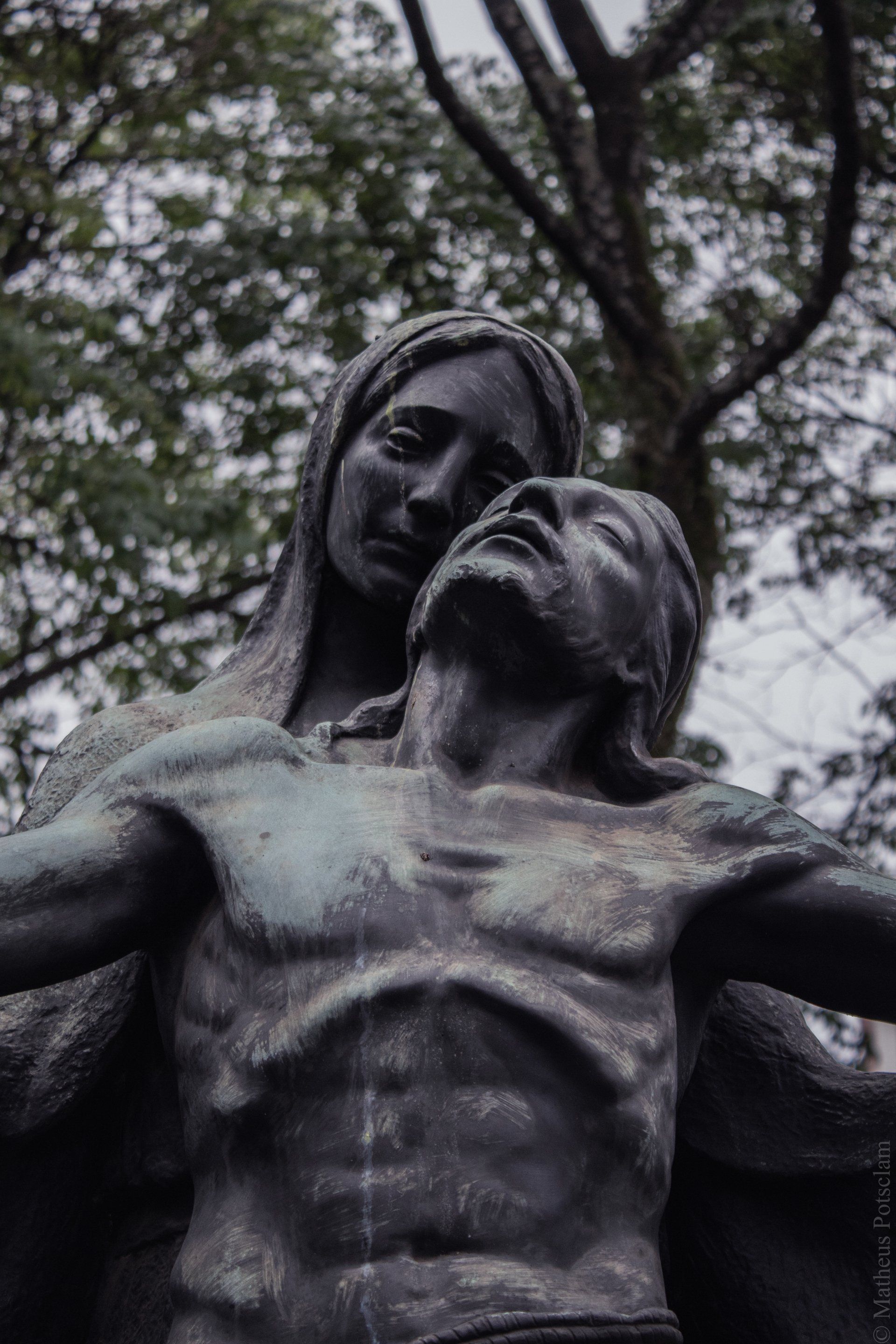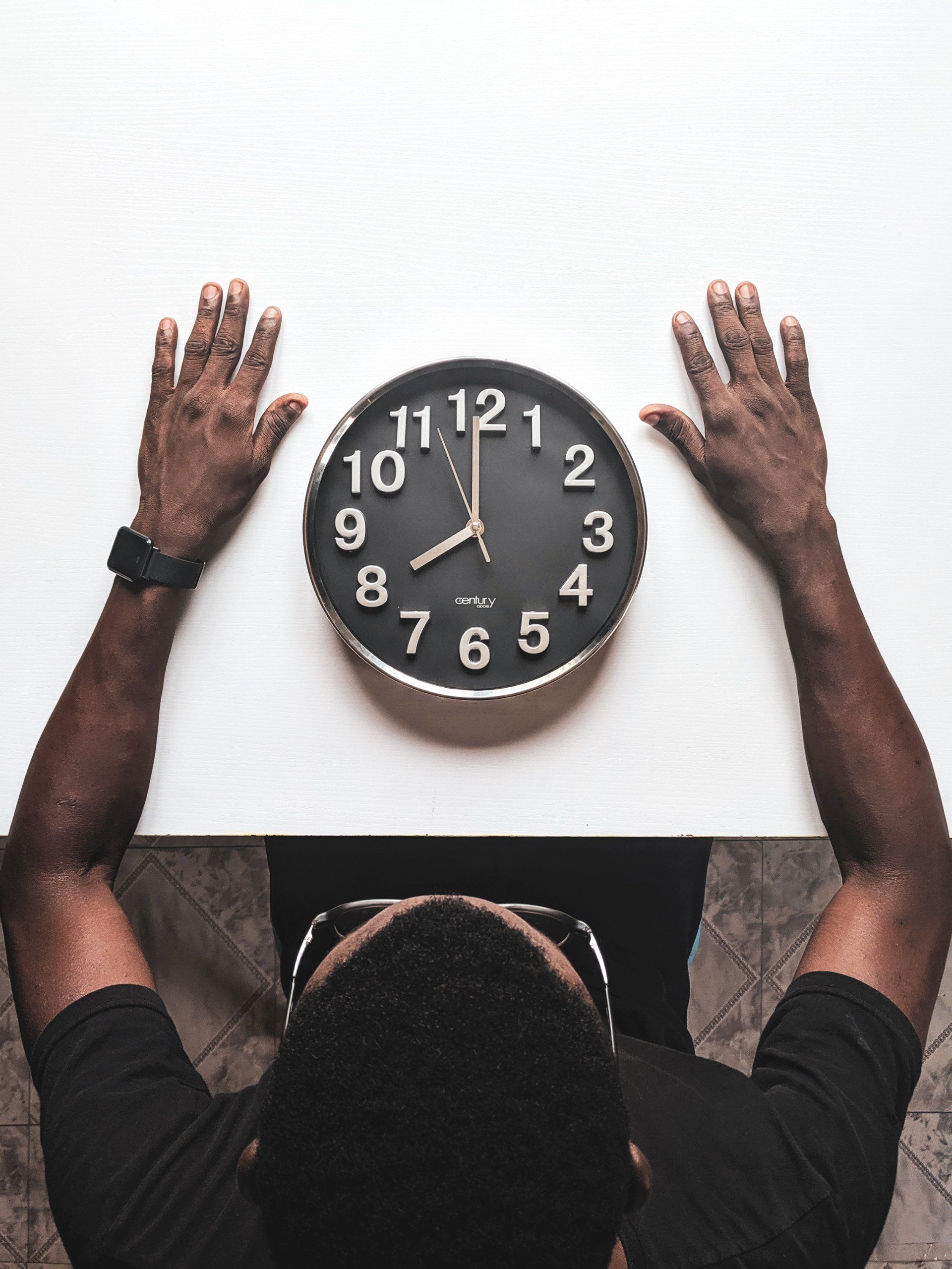Blog Layout
Do our children need best friends?
Rachel Perks • Aug 01, 2021
I had one. Does my son need one too?
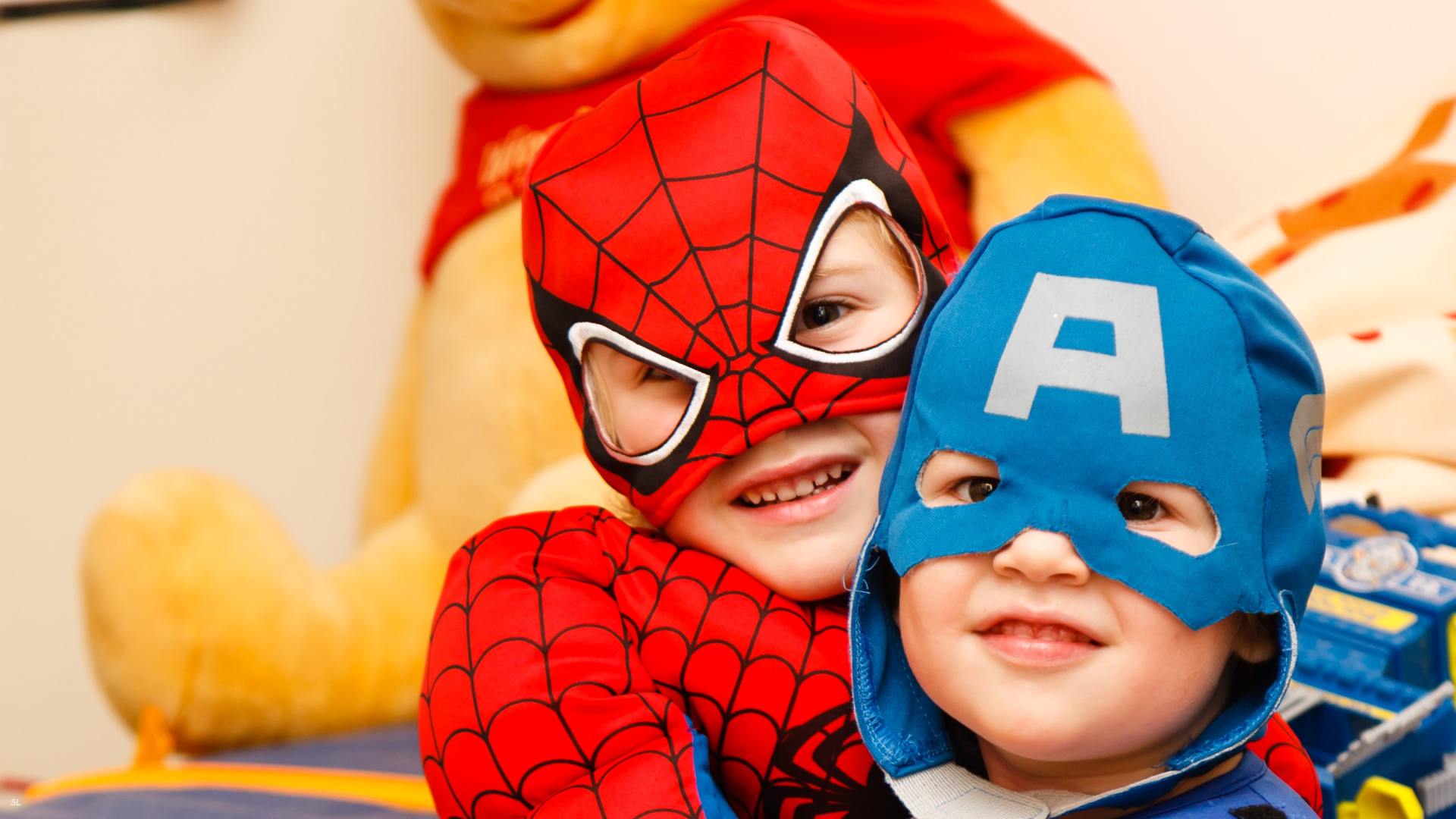
I grew up having the quintessential best friend (BF).
Our fathers worked at the faculty together. Our mothers did pre-natal yoga together. We lived a stone’s throw from each other. Our family and summer holidays always meant bringing the BF along. Christmas was celebrated amongst our two households, rotating between our homes. We were fortunate to have parents who shared similar values and interests for their kids. Where our parents did differ was in their travel destinations. As a result through my best friend, I got introduced at a very young age to the United States: Hawaii Big Island, Canyon Ranch, Tuscon, Las Vega, Key West. Places I would have never otherwise been fortunate to have experienced.
Growing up, I’d say about 50% of my school friends were only children. My BF and I were amongst that cohort. Having a best friend for me was like having a sister. We fought. We played. We wrote letters from summer camp to each other. We made lemonade stands. We snuck ice cream bars from the freezer and ate them under the covers of the bed. We exchanged glances when our parents said things that were ridiculous. But having a BF was different in one respect than having a sister: my BF went home at the end of the day and slept in her own bed in her own room.
I’ve been thinking increasingly about the notion of a best friend for my son. He is an only child swimming in a sea of 2-3-children families. I find this astounding (and also hopeful) given the increase in dual working parents these days. Being an only child, I can’t help but ask, “Does Clyde miss out because he is only one? Would having a best friend bring him companionship?”
It’s hard to find academic writings on the subject of childhood best friends. But there are a lot of articles written by educators and child psychologists on the subject. Surprisingly, opinion is deeply divided on the benefits of having a childhood best friend. There are even some schools in England that have banned BFs—in so far as they do not encourage children to play one-on-one and prefer children to play in larger groups. Some think that the experience of the BF has a correlation with bullying, problems with self-esteem, and general marginalization. Others think that all children once they step out into the world (ie: preschool and beyond) need a social, human tether similar to what they are used to with a parent or caregiver at home. Yet others still remind us that children —up until adolescence at least—consider their parents as the single most important relationship. That we shouldn’t discount the importance of us playing and spending time with our children. I recall one wise educator once saying, “Children don’t need friends. They need socialization.” Meaning at a young age, children work out how to interact and behave in the world through play at school. But the notion of needing friendships is hyperbolized.
I took away from these readings that what young children need most is stable, loving homes. Friends provide moments of distraction and normalization. But parents remain the relational anchor for some time still.
Recently I started re-evaluating my apprehension around Clyde’s lack of siblings, and the need therefore for him to have a BF, as I had been blessed with. My husband and his sister were estranged for over 20 years. Though a radical example, it is not uncommon for friends to talk with a great emotional pendulum about their siblings. It’s a crapshoot. My son’s playdates with friends can also be crapshoots. Some days it works out splendidly. Other days it spirals quickly into tears. Instead, of late, I’ve been enjoying more involving our son in activities I am doing, or accompanying him to his own.
My BF and I drifted apart rather uncomfortably in high school. By then our personalities and interests were developing into their own. We never fully recovered (nor processed) from the drift to this day. I will always refer to her as my childhood BF. I will never cease to recall fondly the thousands of childhood memories (and I do retain an enormous amount of them after about age 8) of our travels and daily lives together. But since that time I have made important friendships in university, abroad in Africa, now here Stateside. Enuma Okoro recently mused on friendships for all ages and stages of our lives in an FT Weekend piece which she condensed here.
Yet the relationship that has stood the test of time is my parents. Still at my ripe age of 42, I say with the greatest of confidence that my parents are my best friends. They are (even beyond my wonderful and outstanding husband) the people on this earth who understand me the fullest. Our memories span every age and developmental milestone.
So though this newsletter started as a personal reflection on the notion of a childhood best friend, it ends as an ode to parents—perhaps the most defining relationships of our lives.
Share
Tweet
Share
Mail
